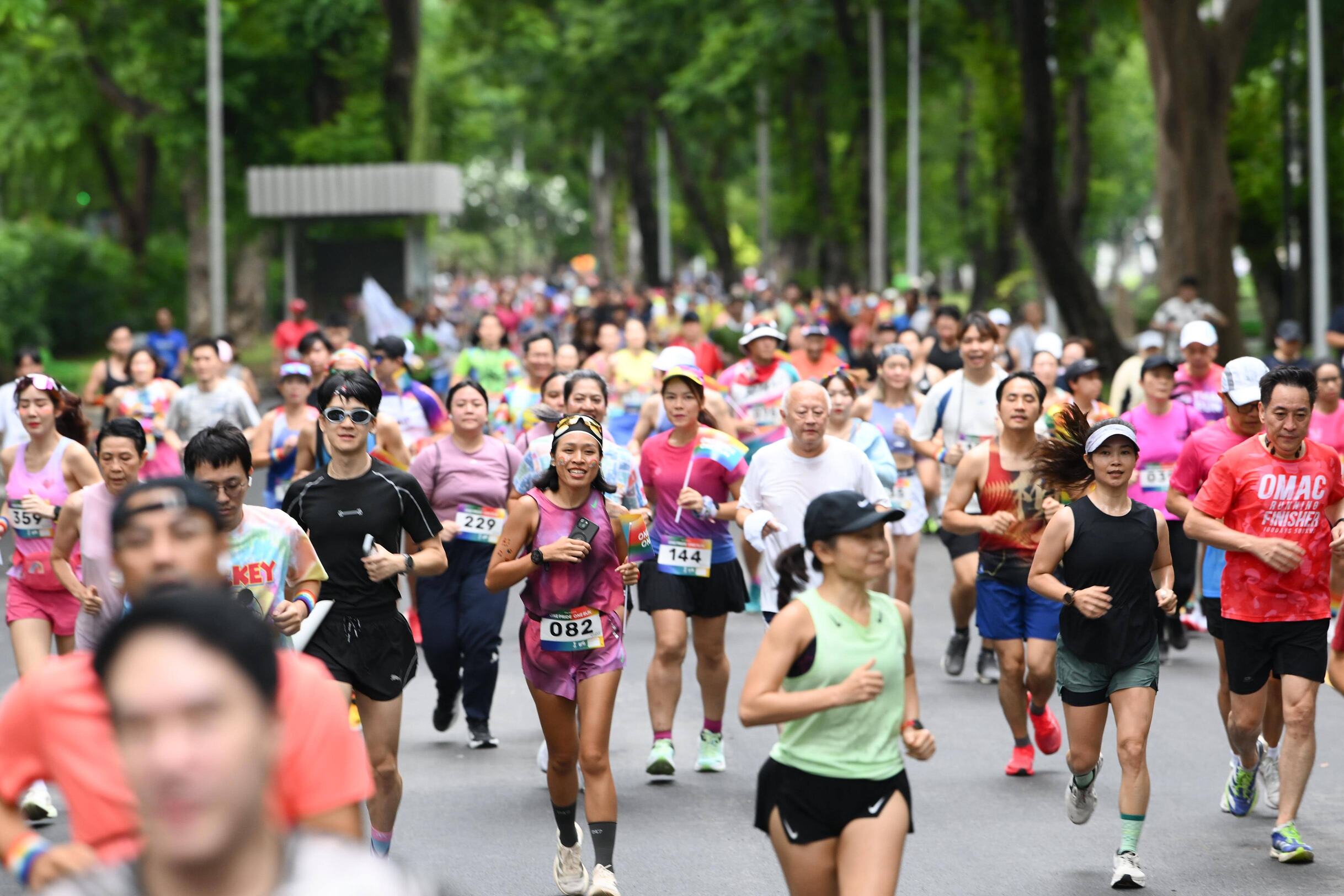Search
Recent Search
Directory Shop

Recent Search
Directory Shop
20 Nov 2025

Marathon Running requires far more than pace, distance, and speed. Consistency, body awareness, and disciplined planning are equally crucial. For many, the journey from zero to crossing the marathon finish line may seem daunting, yet with the right approach, preparing for a Marathon is achievable for anyone.
This article introduces effective techniques and training methods suitable for beginners, progressing towards helping you build long-term endurance as a confident long-distance runner.
What Should You Prepare Before Starting Marathon Training?
Before you begin any structured Marathon Training plan, the first step is to assess your current physical condition. If you have not exercised consistently before, start with light walk–run sessions to build foundational strength. A suitable starting point depends on your level:
It is important to set clear goals both in time and distance, such as preparing 4 months before race day or aiming for a specific pace on the actual run. Clear objectives will help you create a structured training plan and remain motivated throughout the process.
Pace means the time it takes to run one kilometre (min/km).
Formula: Time / Distance
Example: If you run 1 km in 6 minutes, your pace is “6 min/km”.
Long-Distance Running Techniques for Efficient Training
Marathon Running is not just about increasing distance. It requires a balance between training intensity, recovery, and consistency. A well-designed programme helps your body adapt gradually whilst strengthening muscles, improving respiratory capacity, and developing cardiovascular endurance — all essential for running farther without injury.
Most professional runners and coaches recommend varying your training each week, allowing your muscles to be challenged while preventing fatigue accumulation. These principles apply both to beginners and to experienced runners.
Long Run
The Long Run is the heart of Marathon Training. It trains your body to endure prolonged running and strengthens your cardiovascular and lower-body muscle systems.
Begin with a manageable distance and gradually increase by 5–10% each week.
For example: if this week’s Long Run is 10 km, increase to 11 km next week, not 15 km immediately.
Long Runs also help develop mental resilience by teaching you how to control your pace and manage energy across long distances.
Tempo Run / Speed Run
Tempo Runs and Speed Runs train your body to maintain a faster pace without excessive fatigue. Their purpose is to improve breathing efficiency and strengthen cardiovascular performance.
Tempo Run: 20-40 minutes at a comfortably hard pace.
Speed Run: Short bursts of high-speed running, such as 400 m sprints followed by rest, repeated in sets.
Both methods improve pace control for race day and enhance overall performance.
Cross Training & Recovery
Cross Training refers to workouts other than running, designed to increase overall strength and reduce impact stress, such as swimming, cycling, or yoga. These improve flexibility and reinforce muscles not used directly in running.
Recovery is equally important, yet often overlooked. Your body needs time to repair muscles and rebuild strength. Aim for 7-8 hours of quality sleep per night to reduce risk of injury and support long-term training success.
Essential Gear for Marathon Running
Tips for Marathon Runners
How to Choose a Suitable Training Location for Long-Distance Running
Choosing the right environment is a key factor influencing training consistency and injury prevention.
Look for locations with smooth, continuous pathways such as park running tracks or clearly marked long-distance routes. Shaded areas or tree-lined paths are ideal for comfort, especially in Bangkok’s warm climate.
Marathon Training at One Bangkok: A Green Space in the Heart of the City
If you are looking for an ideal place for Marathon Training with safe paths, pleasant surroundings, and full facilities, One Bangkok is ready to welcome runners of all levels.
With its Walkable Neighbourhood concept, you can easily connect between buildings and green spaces within 15 minutes.
You can begin your run from One Bangkok heading directly towards Lumpini Park or run from the park back into One Bangkok, enjoying shaded, scenic, and safe routes throughout. The internal gardens are designed for outdoor activity, with peaceful pathways that enhance your Marathon Running experience.
After training, relax at nearby cafés offering high-quality coffee and refreshing beverages — the perfect way to recharge your day.
Your first step towards the finish line begins today at One Bangkok, an inspiring green space in Bangkok
References 1. Marathon training tips and injury-prevention techniques. Retrieved 6 November 2025 from https://www.milo.co.th/all-blog/ซ้อมวิ่งมาราธอน
2. 5 tips for marathon success for beginners. Retrieved 6 November 2025 from https://www.nbasport.co.th/blog/5-tips-for-marathon
Tag
SHARE